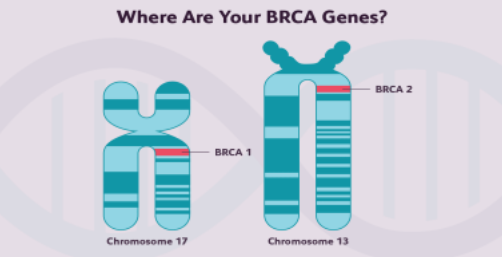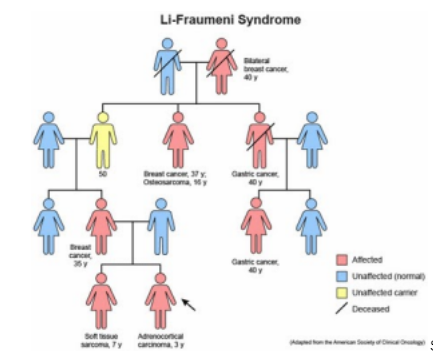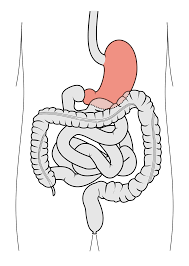Inherited Breast Cancer and Recent Developments
- Dec 2, 2021
- 2 min read
The idea of “the survival of the fittest” is a well known topic in the scientific community. Cancer cells with the most acute resilience and capacity for growth, survive, and the rest of the cells grow in a more regulated fashion.
The idea that a single mistake within one of our single strands of DNA, one of the billions, causes such a fatal disease as cancer is a concept that is hard to comprehend.
It has been known that certain cancers are caused by mutations that can either form due to DNA replication or they can be passed down with a defect and have a higher chance of developing into cancer.
Two such inherited mutations are the BRCA 1 and BRCA 2 genes. These genes mainly cause cancer in the breast or ovaries and primarily affect women but can also affect men, especially those with Klinefelter’s syndrome if they have been passed down the gene.
Although these genes are relatively rare, they present an almost 60 to 90% increase in the danger of cancer being developed at an early age, as young as 25 or 30.
The BRCA genes are mainly responsible for the replication of DNA and contain a set of coded instructions for the regeneration of genetic information within the body in order to continue its bodily functions. The defect in these genes causes cancerous growth such as tumors to develop.

Another form of inherited cancer that affects more parts of the body is the Li- Fraumeni syndrome which is even rarer than the BRCA mutations. However, the presence of the Li-Fraumeni syndrome indicates an almost 100% risk of cancer.
The mutation that causes this syndrome can be found on the TP53 gene, which when posses ad effect, results in this almost always fatal syndrome. It is an autosomal dominant inherited disease.
This syndrome results in main sarcomas as can be observed in the cases that have been recorded so far such as skin cancers, brain tumors, and sometimes blood cancers such as Leukemia. However, it can also result in bodily tumors such as breast cancer and stomach cancer.




Comments